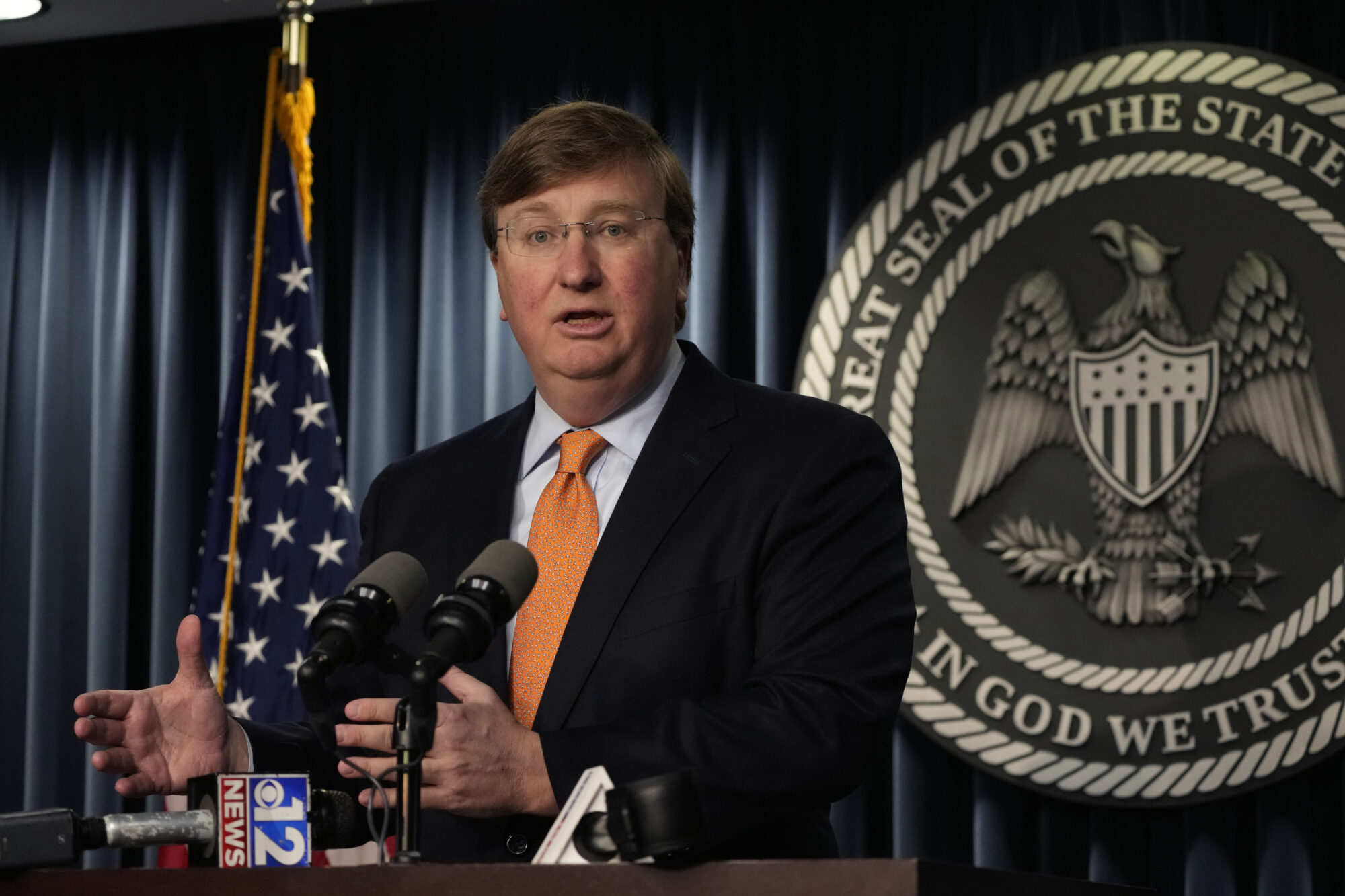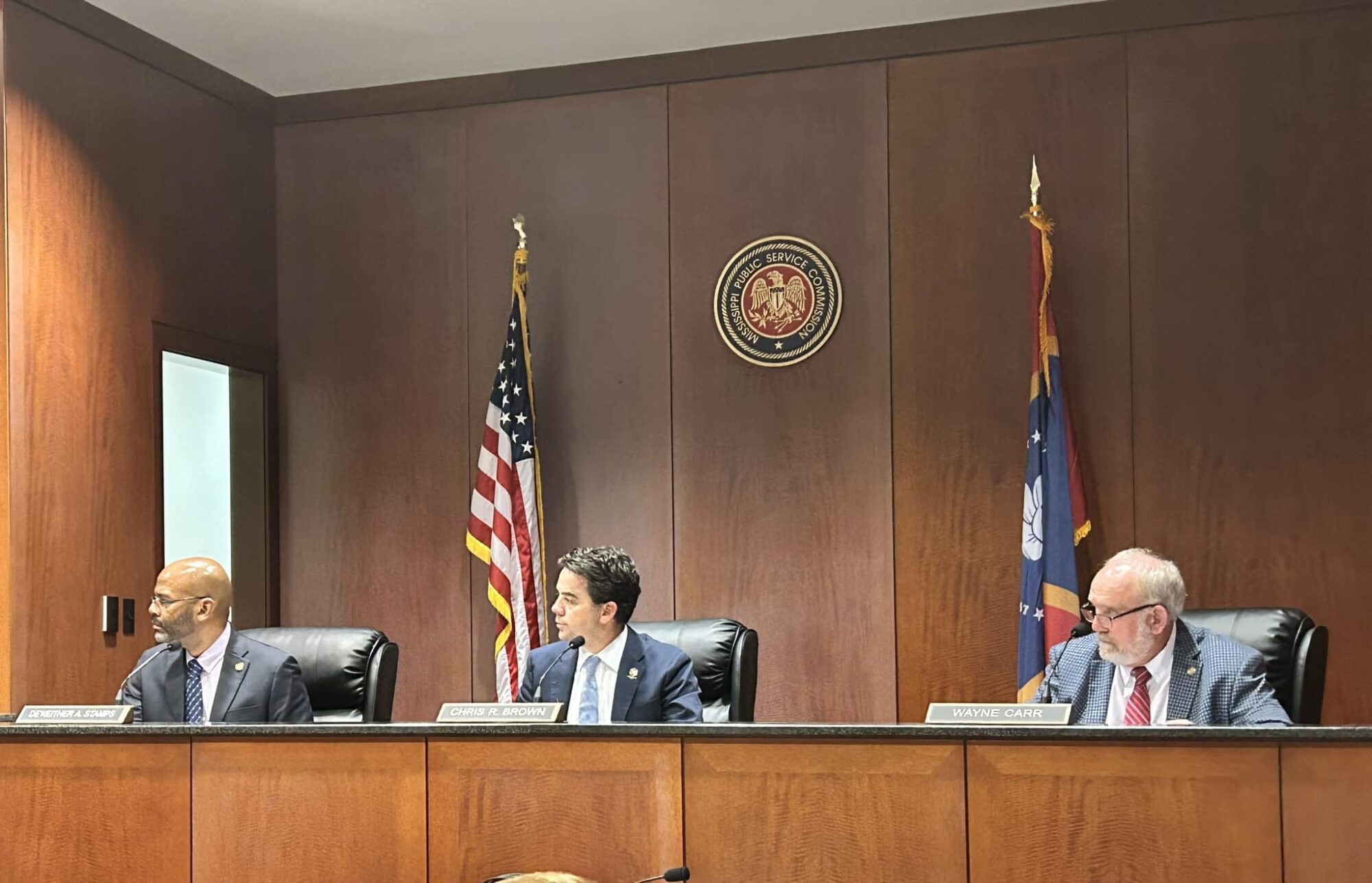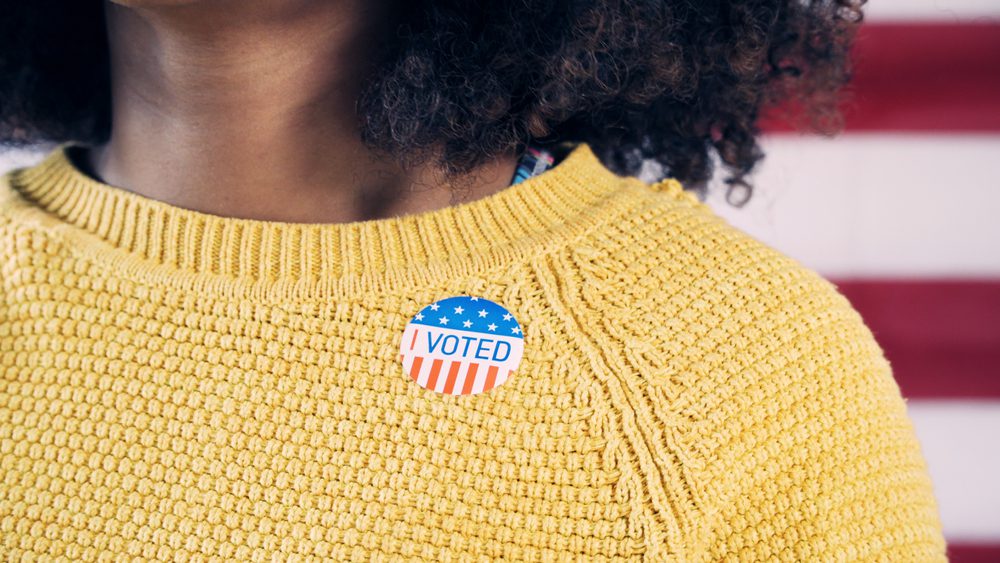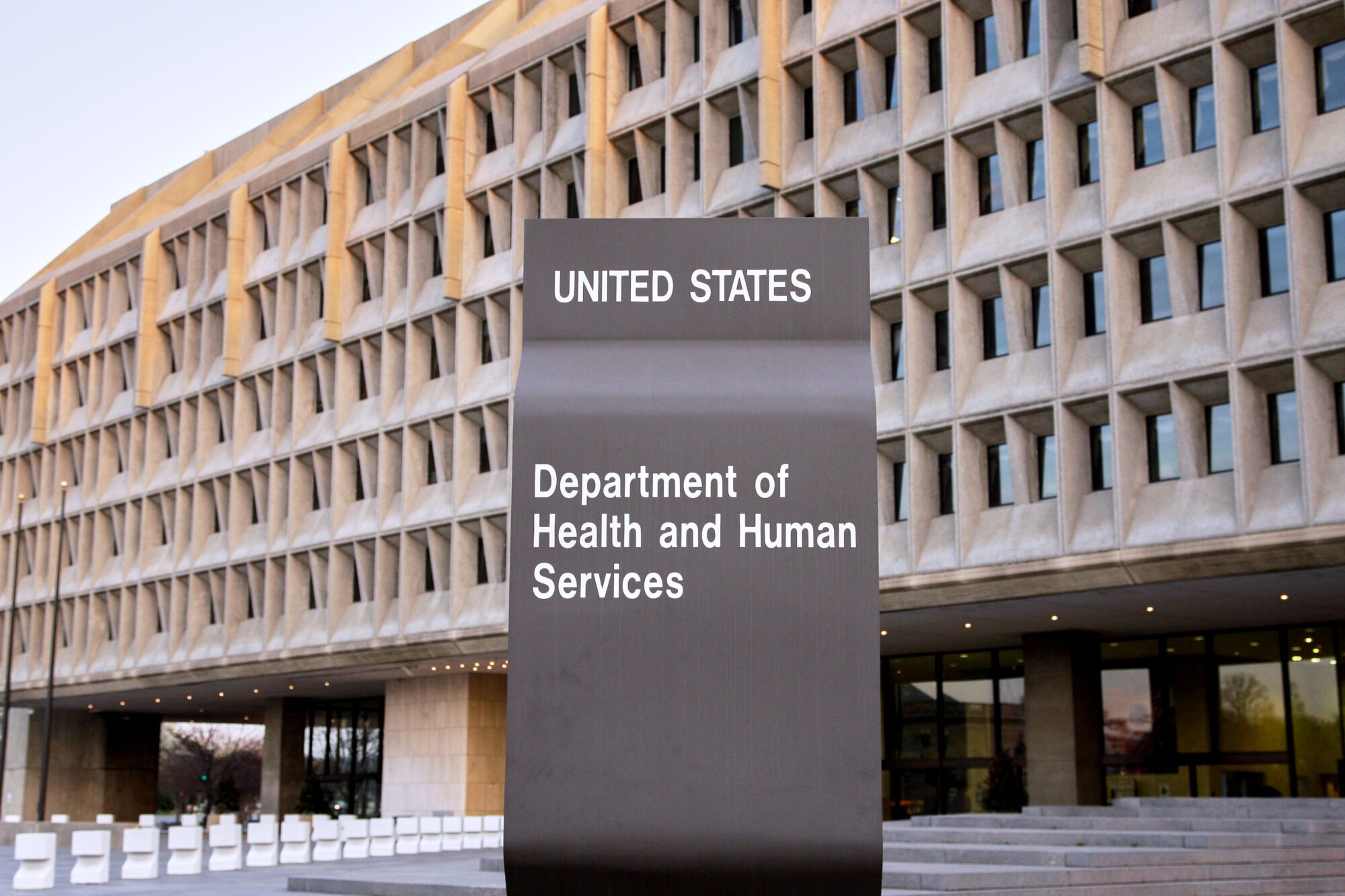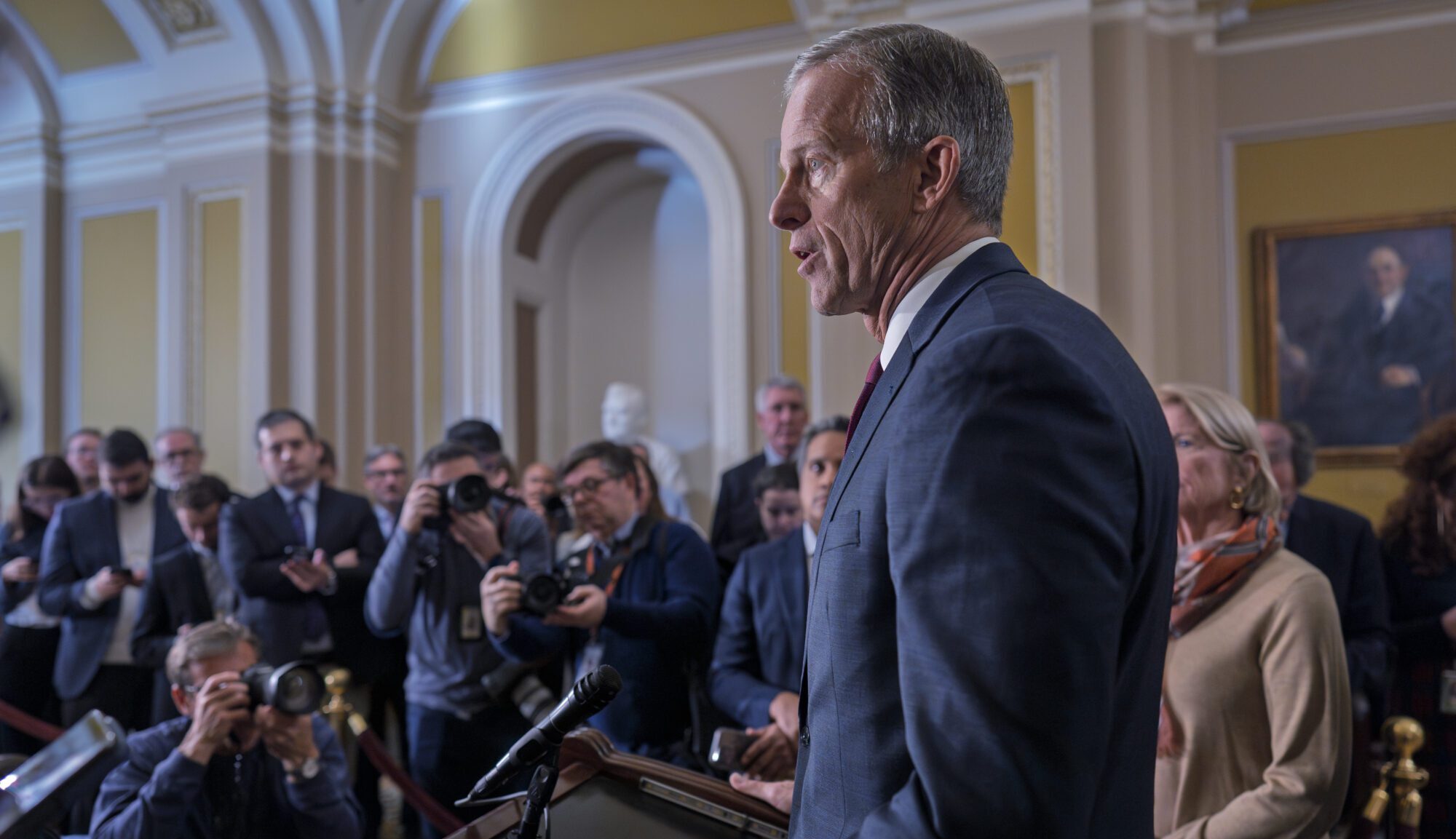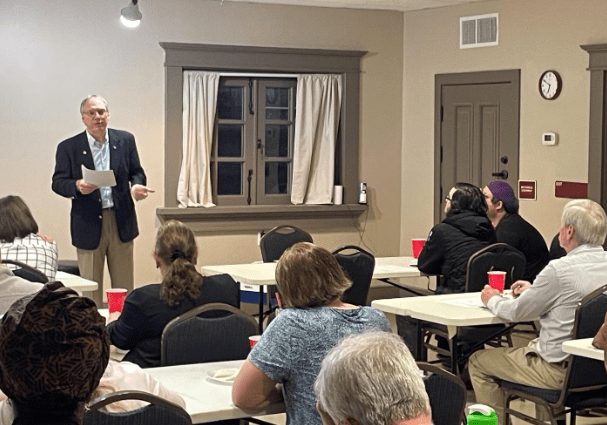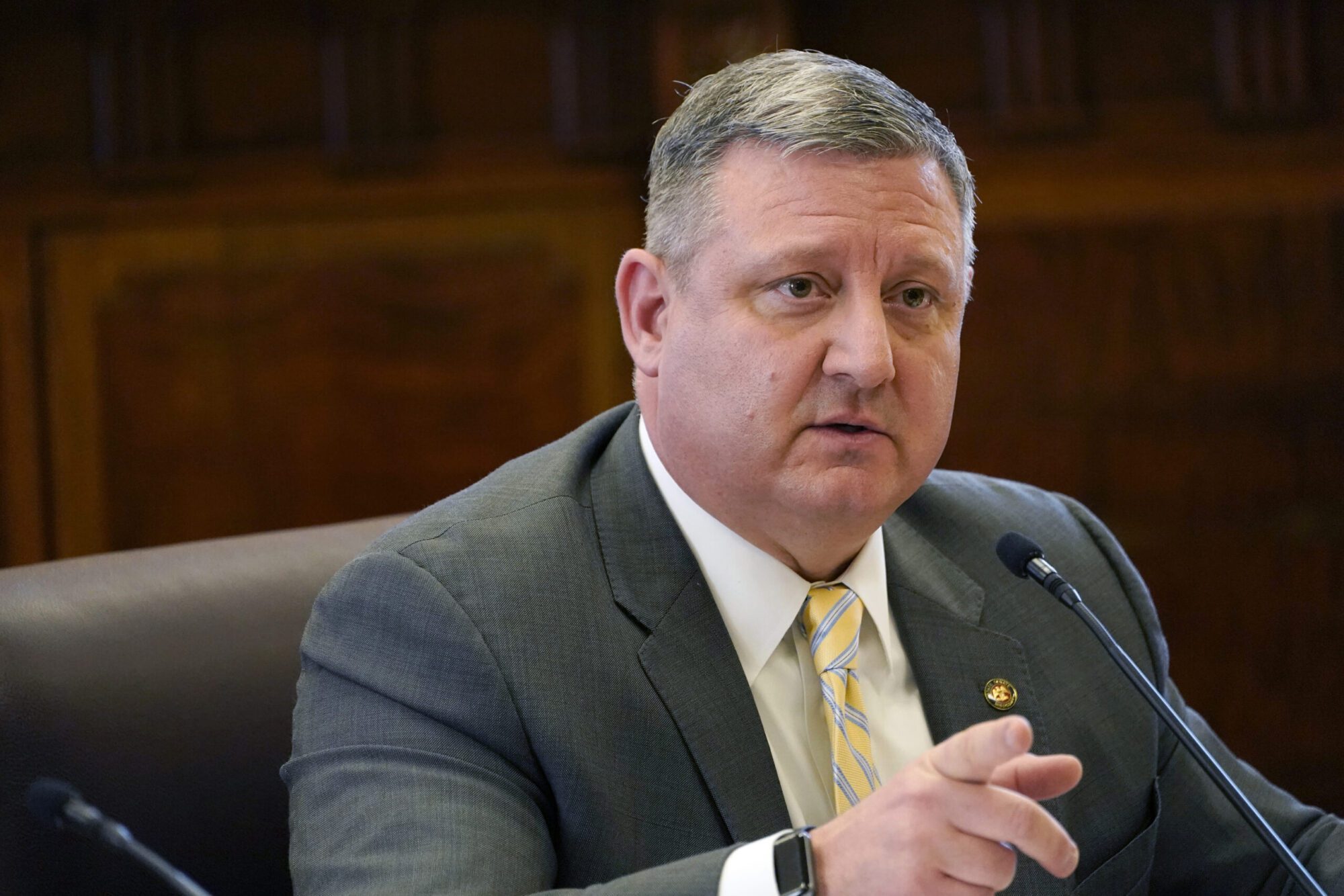Reeves announces new initiatives as part of Rural Health Transformation Program
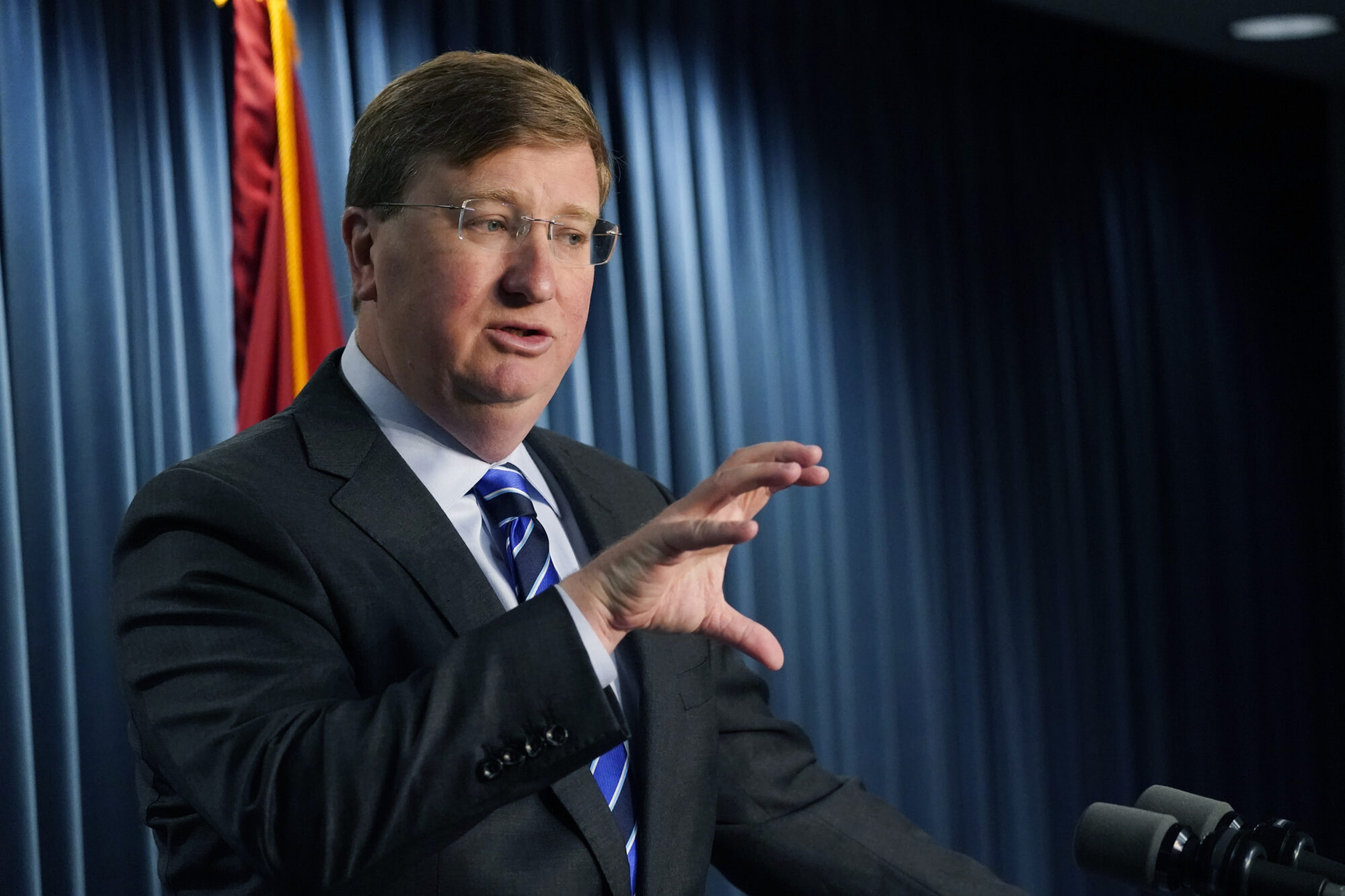
Mississippi Gov. Tate Reeves, April 28, 2022, in Jackson, Miss. (AP Photo/Rogelio V. Solis)
- Recent SNAP waivers were submitted in an effort to increase Mississippi’s ability to receive additional funding during the second round of disbursements.
In an attempt to help drive better health outcomes within its rural areas, Governor Tate Reeves announced Tuesday afternoon that Mississippi’s Rural Health Transformation Program Plan has been submitted for federal consideration.
The application aims to bring in more funding from tens of billions in federal monies as part of the Rural Health Transformation Program established by the Centers for Medicare and Medicaid Services (CMS) in September of this year.
“The program, as a reminder, is a $50 billion initiative, is a tremendous opportunity to make a real impact on the lives of Mississippians,” Reeves said during Tuesday’s announcement. “Particularly those living in rural communities throughout our state.”
This program will entail two pots of funding. The first $25 billion will be distributed evenly to each state over the course of five years, meaning Mississippi will receive an initial $500 million over that time. The remaining funding will be distributed based on applications from each state that display the health metrics and healthcare needs in rural areas.
Governor Reeves said Mississippi’s application focuses on six key initiatives:
- A statewide health assessment conducted by a third party
- A coordinated regional integrated systems initiative to transform healthcare in rural areas of the state
- Workforce expansion initiative to strengthen the number of healthcare workers
- Health technology advancement and modernization initiative to modernize health systems in rural areas
- A tele-health initiative to increase and support providers in increasing access to virtual care
- An initiative that will focus on the healthcare infrastructure in the state to increase access to specialized care and improve health outcomes
All of these initiatives, and the plan, were developed based on a months-long study conducted with assistance of the Mississippi Division of Medicaid, the Mississippi Department of Health, and Mississippi Department of Education, among other agencies. Information used in the development of the plan included responses from legislators, health professionals and health plan representatives.
To ensure the funds are spent properly, a third party will coordinate with the governor’s office, the Mississippi Division of Medicaid and the Mississippi Department of Health to deploy available funding and track health milestones.
“That is going to be a critical component, outcomes,” Reeves said. “This is about improving the health of our citizens through measurable results and ensuring compliance and programming effectiveness through regular communication and checkpoints with local communities, providers and health departments. The state will ensure that program decisions reflect the realities of rural healthcare in our study.”
Since most of Mississippi is considered rural, Reeves expects this additional funding will provide beneficial results to every county in the state on some level, even those with a large metropolitan area.
Issuance of “some amount” of funding from CMS to all states as part of this program is expected to begin by December 31 of this year.
Governor Reeves said part of the reason he submitted the most recent SNAP waivers was to bolster the state’s standing when the second half of funding is doled out.
“Our goal of the other $25 billion is to get our fair share and the fair share of two or three other states,” Reeves described about the efforts put into the formation of Mississippi’s application.
His waiver requests include restricting the purchase of processed foods and sugary beverages considered unhealthy, while allowing SNAP benefits to be used for the purchase of “hot prepared chicken.”
Reeves added that by submitting those waivers, Mississippi should receive approval by CMS for additional funding when the second half of the funding is allocated.
“We’re going to get points for those, and I think that’s, again, part of our goal and part of our initiative to get our fair share and get the fair share of a couple other states that maybe didn’t do some of these things,” Reeves described.
Ultimately, Reeves said he wants to see the same advances in healthcare outcomes as have been seen in education across the state over the past decade.
